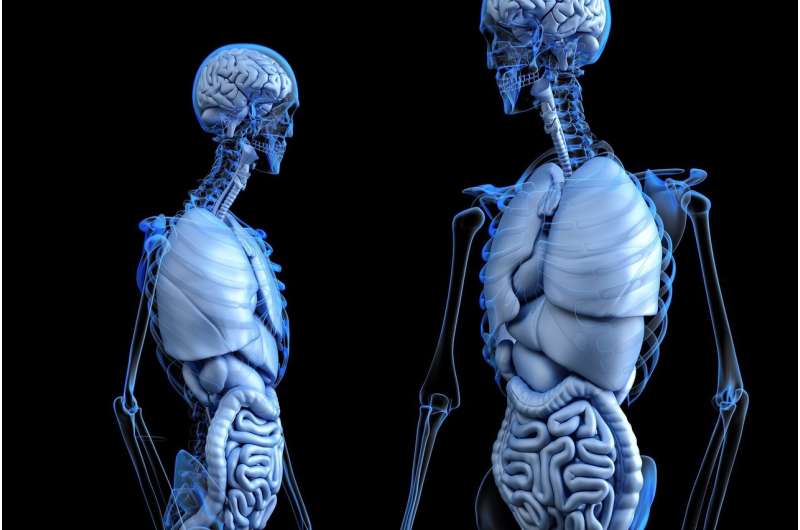Fluoride may diminish kidney and liver function in adolescents, study suggests

Fluoride exposure may lead to a reduction in kidney and liver function among adolescents, according to a study published by Mount Sinai researchers in Environment International in August.
The study examined the relationship between fluoride levels in drinking water and blood with kidney and liver health among adolescents participating in the National Health and Nutrition Examination Survey, a group of studies that assess health and nutritional well-being in the United States. The findings showed that exposure to fluoride may contribute to complex changes in kidney and liver function among youth in the United States, where 74 percent of public water systems add fluoride for dental health benefits. Fluoridated water is the main source of fluoride exposure in the U.S.. The findings also suggest that adolescents with poorer kidney or liver function may absorb more fluoride in their bodies.
While fluoride exposure in animals and adults has been associated with kidney and liver toxicity, this study examined potential effects of chronic low-level exposure among youth. This is important to study because a child's body excretes only 45 percent of fluoride in urine via the kidneys, while an adult's body clears it at a rate of 60 percent, and the kidneys accumulate more fluoride than any other organ in the body.
"While the dental benefits of fluoride are widely established, recent concerns have been raised regarding the appropriateness of its widespread addition to drinking water or salt in North America," said the study's first author Ashley J. Malin, Ph.D., postdoctoral fellow in the Department of Environmental Medicine and Public Health at the Icahn School of Medicine at Mount Sinai. "This study's findings suggest that there may be potential kidney and liver health concerns to consider when evaluating fluoride use and appropriate levels in public health interventions. Prospective studies are needed to examine the impact of chronic low-level fluoride exposure on kidney and liver function in the U.S. population."
The study analyzed fluoride measured in blood samples of 1,983 adolescents and the fluoride content of the tap water in the homes of 1,742 adolescents. Although the tap water fluoride concentrations were generally low, there are several mechanisms by which even low levels of fluoride exposure may contribute to kidney or liver dysfunction.
This study's findings, combined with previous studies of childhood exposure to higher fluoride levels, show there is a dose-dependent relationship between fluoride and indicators of kidney and liver function. The findings, if confirmed in other studies, suggest it may be important to consider children's kidney and liver function in drafting public health guidelines and recommendations.
Potential health side effects include renal system damage, liver damage, thyroid dysfunction, bone and tooth disease, and impaired protein metabolism.
















